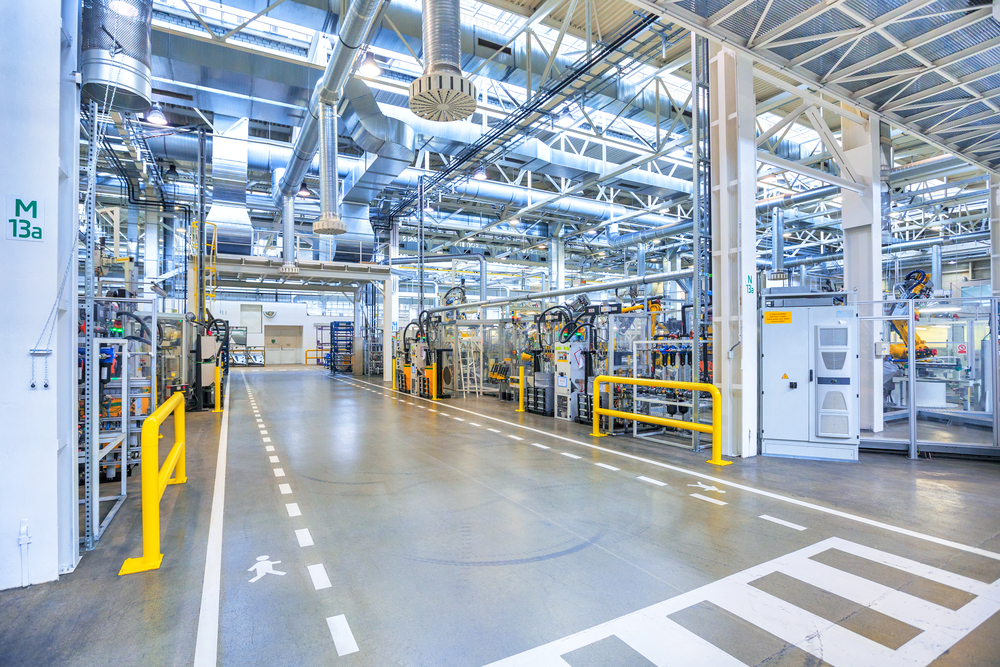
by GDS Team | Jul 9, 2021 | Toxic Gas
The number of warehouses in America is increasing steadily year by year. As more and more warehouses are being built, the need for safety programs can’t be underestimated due to the toxicity of chemicals used on a regular basis. Discover the difference between the...
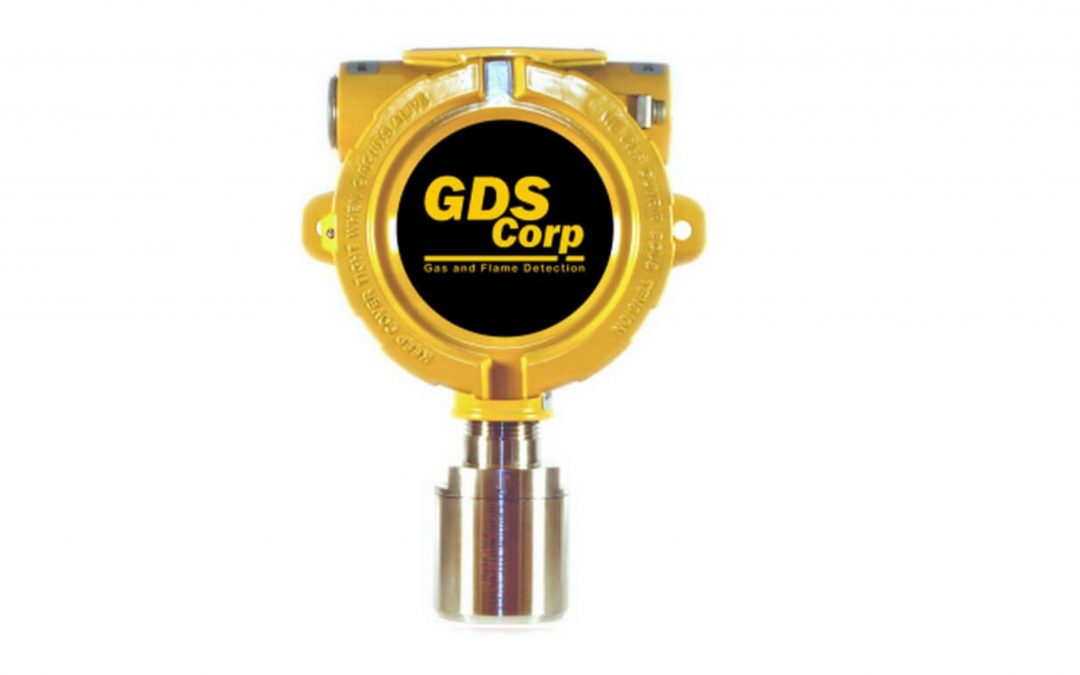
by GDS Team | Jun 25, 2021 | LEL Detector
If you regularly work with combustible materials, an LEL gas sensor is a central part of your detection system. By monitoring the flammable vapors in the air, you can set up the first defense against catastrophic accidents such as sudden explosions or asphyxiation...
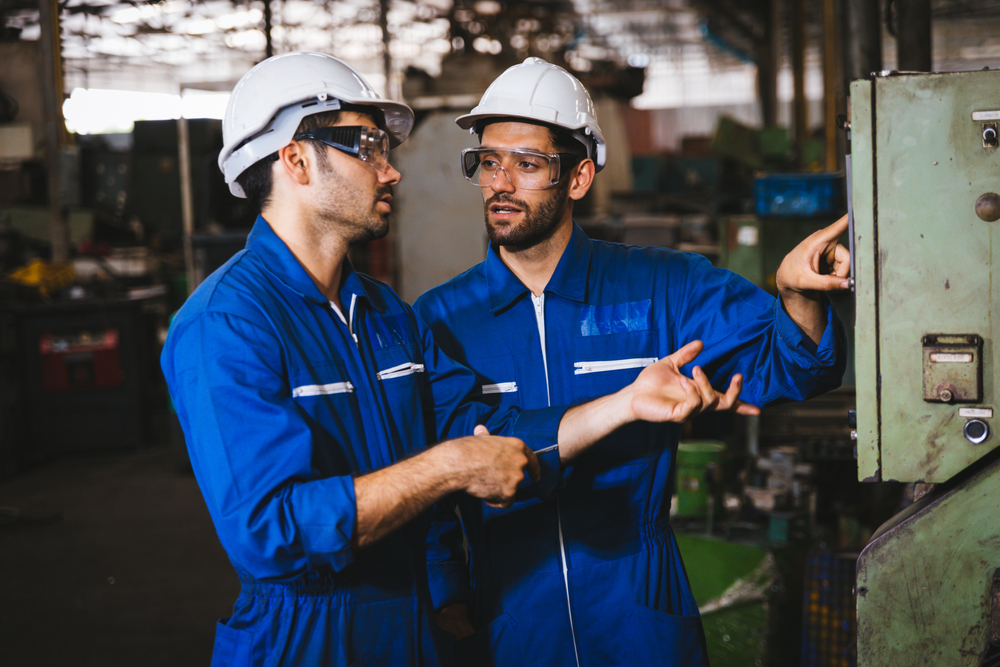
by GDS Team | Jun 11, 2021 | LEL Detector
Having a thorough knowledge of the lower explosive limits (LEL) of flammable gases is crucial when it comes to safeguarding your facility. Get the answers to your top LEL gas questions with the following review from our gas detection experts. LEL is a common acronym...
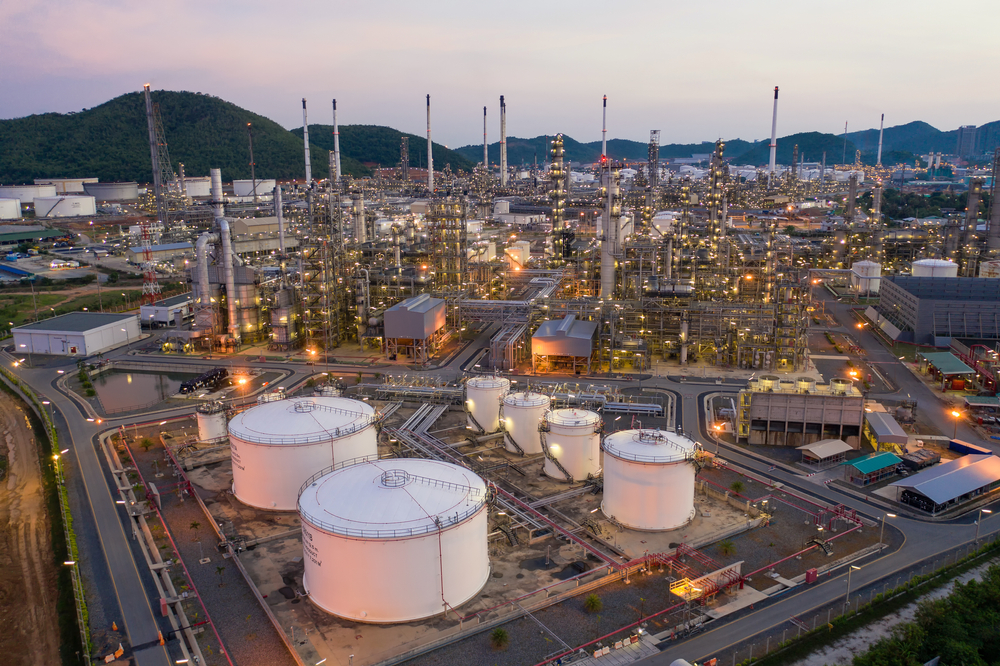
by GDS Team | May 28, 2021 | LEL Detector
One of the advantages of LEL gas detectors is early leak detection. Monitoring for hazardous levels of combustible gases is important if you want to maximize safety and minimize the risk of fire or explosions in your facility. Learn what LEL is and why it is so...
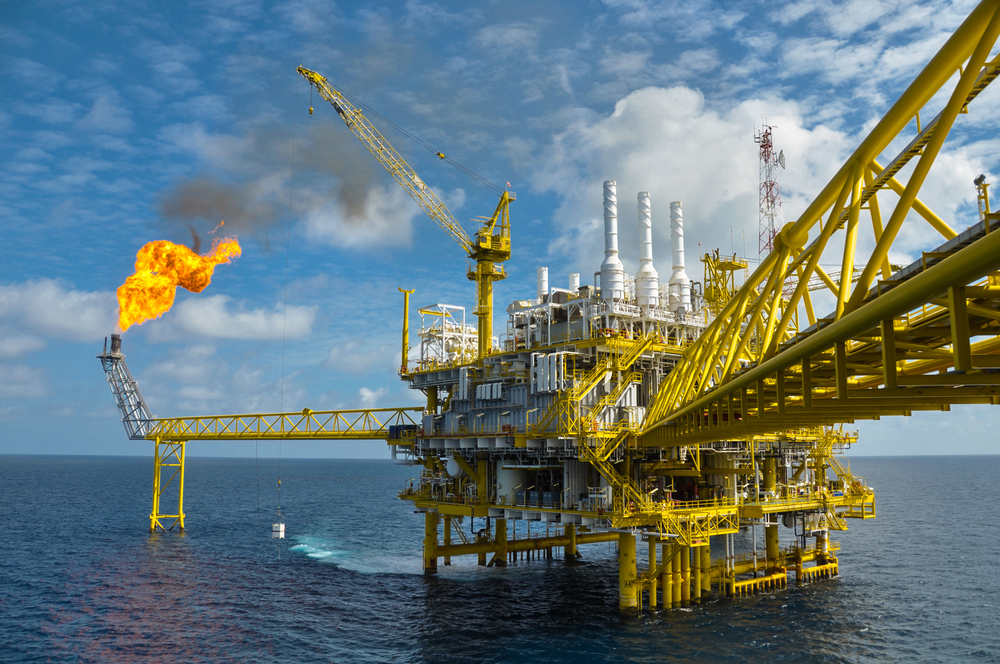
by GDS Team | May 14, 2021 | H2S, Hydrogen Sulfide
Offshore oil rigs, especially more established operations, can produce high levels of hydrogen sulfide (H2S), which can be extremely lethal even at low concentrations. Find out how hydrogen sulfide sensors are built and configured to keep all of your areas protected...






